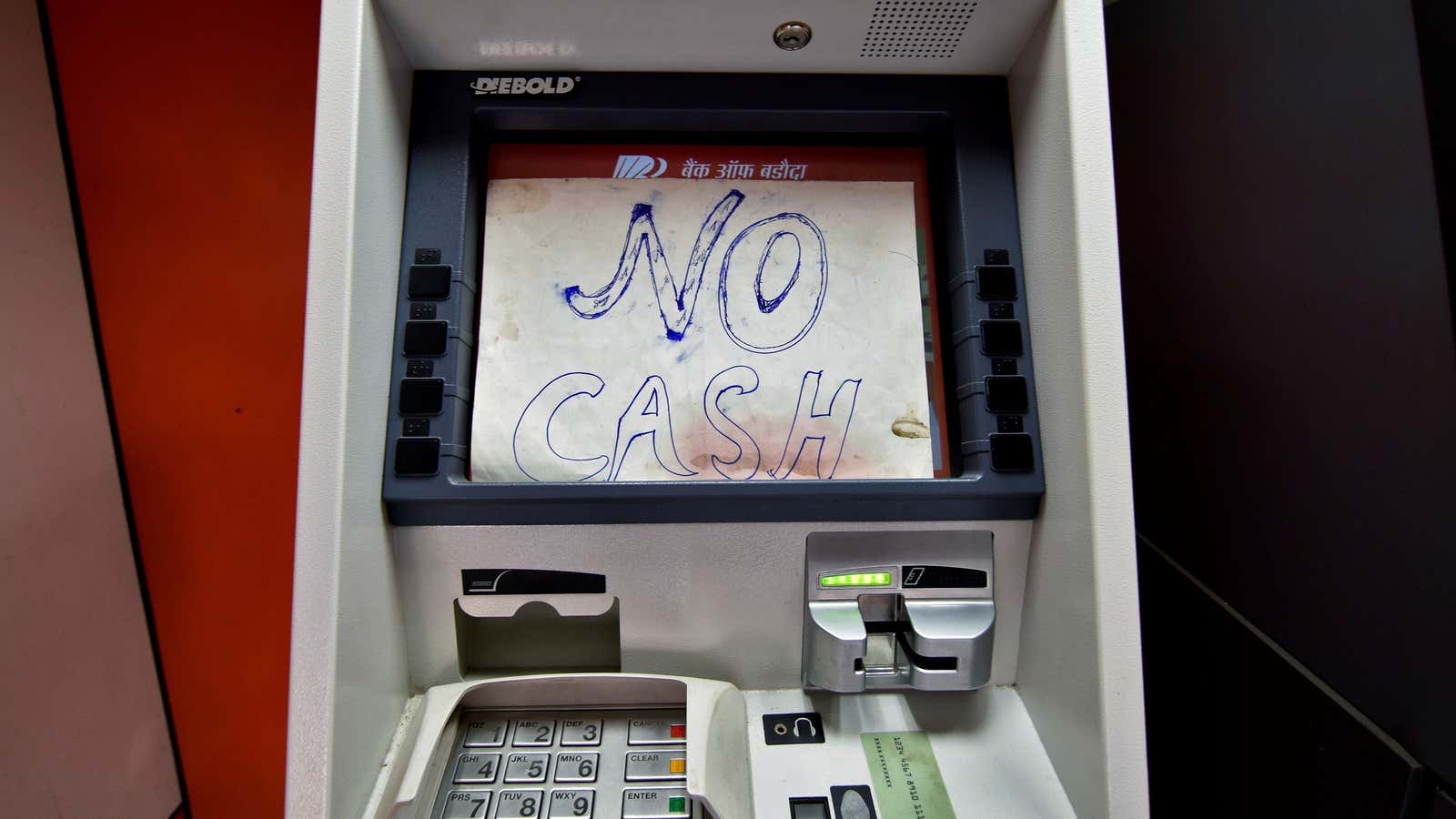Raise a fund. Invest in hot startups. Cash out in 10 years with hefty profits (and fees) for your trouble. The model that has performed so well for venture capital over the last few years (and sometimes not so well) is stumbling.
Private equity research firm Pitchbook reports startup exits—sales or mergers of companies delivering returns to shareholders—has fallen in recent years. The number and value of startup exits were down about 70% last year from their 2014 peak. Despite big IPOs of companies such as Snap, 2017 has yet to yield a bumper crop of new exits as companies stay private longer.
That’s pushed venture capital firms to reevaluate how to cash out some, or all, of their equity holdings without waiting (and waiting) for an IPO.
It’s not a new problem, says Scott Jordon, managing director at Glynn Capital, but it’s now more acute. The time it takes for technology firms time to IPO has stretched (pdf) from around five to eight years in 2000 to about 11 years today. Pitchbook’s Nizar Tarhuni says they’re seeing venture firms extend funds or negotiate longer periods than the standard 10 years to return money to their limited partners such as pension funds. Of course, IPOs aren’t the only game in town. Plenty of companies are opting to pursue mergers and buyouts, two avenues that have remained relatively open even as IPO activity has stalled. Venture funds have also raised record sums. Last year, more than 200 venture capital funds raised $41.6 billion, a 10-year high, reports the National Venture Capital Association.
Although private investors have proved willing to pour billions into fast-growing, money-losing Silicon Valley startups such as Uber, that’s changing. Institutional investors have backed away from mega-rounds that once delivered better share prices than a potential public offering, says Jordan. “I think that market has closed for all but a handful of companies,” he said. The number of late-stage funding rounds has also continued to decline since its 2014 peak.
A resurgence in IPOs is still possible. Public investors extended a (mostly) warm welcome to the 11 or so tech companies that have gone public so far this year, including Appian, Carvana, Cloudera, Elevate Credit, Netshoes, Okta, Veritone, and Yext. More may be poised to join them.“These are very strong conditions to go public,” says Kathleen Smith, a principal at the IPO-focused financial advisory firm Renaissance Capital citing the spate of public offerings for tech startups and generally robust post-IPO share prices.
But there’s a catch. For companies that raised enormous sums from private investors, and are still “pre-profit,” the bar is high. “The only reason you wouldn’t go public is you’re concerned you wouldn’t get a public valuation to match the private valuation,” she said. The pressure is on for startups to show they can deliver while the IPO window is wide-open.
